FAQ: 2020 Farm Requirements
A detailed FAQ about the Rainforest Alliance 2020 Sustainable Agriculture Standard Farm Requirements.
Home / Business / Certification / Page 18
Certification has had a huge impact in bringing sustainability to the forefront of business thinking, but it must continue to evolve to provide more value to farmers and companies and ensure that people and nature can thrive in harmony.
That's why the Rainforest Alliance launched its new Certification Program, which entered into force in July 2021. The Sustainable Agriculture Standard, along with its assurance and technology systems, are data-powered, and based on the principles of continuous improvement, risk-based assurance, contextualization, and shared responsibility. This is how we can deliver more value to the two million farmers and thousands of businesses that use Rainforest Alliance certification to drive more sustainable agricultural production and responsible supply chains.
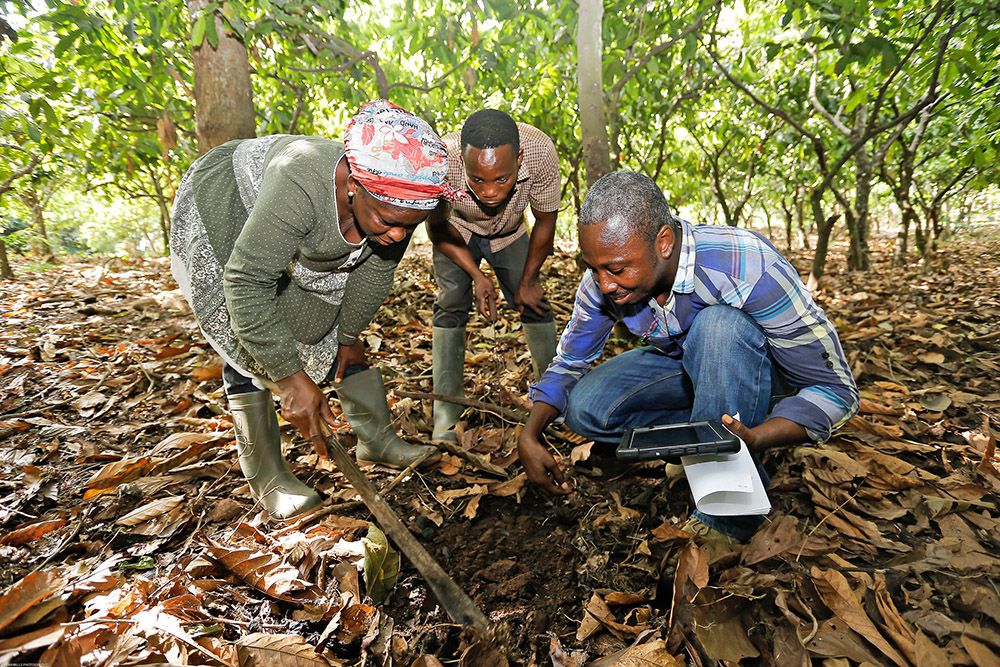
The certification program is part of the Rainforest Alliance’s strategy to drive sustainability at scale in the sectors in which we operate through interconnected interventions supporting certification, tailored supply chain services, landscapes and communities, and advocacy.
Key priorities of our cocoa strategy are assurance, shared responsibility, supply chain transparency, and profitability and resilience.
How we have tailored the implementation and verification of standards requirements on child labor and forced labor to the risk exposure of each farm.
Our shared responsibility approach aims to distribute benefits and costs of certification more evenly between farmers and companies.
Begin your journey of certification with the Rainforest Alliance.
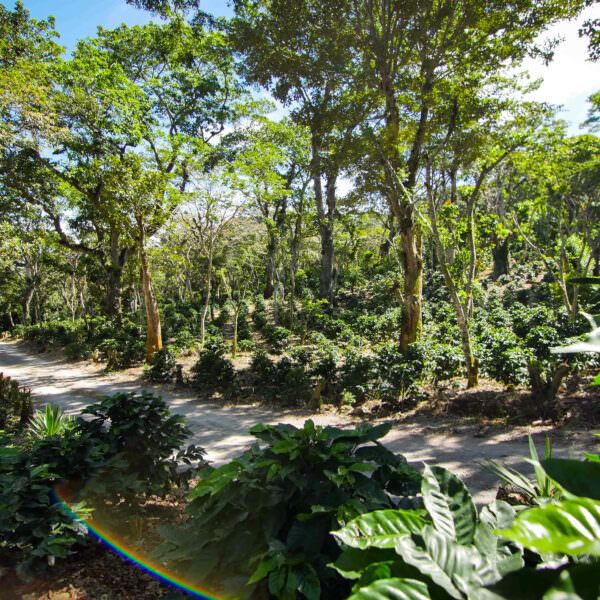
A detailed FAQ about the Rainforest Alliance 2020 Sustainable Agriculture Standard Farm Requirements.
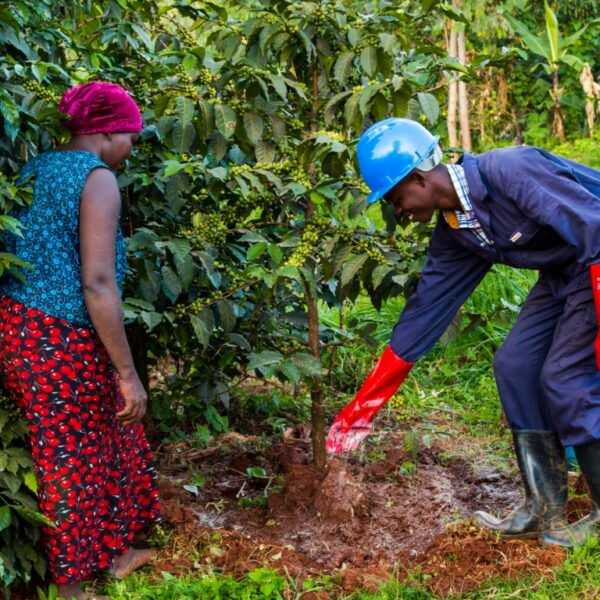
Find out what Ugandan coffee exporter, Kyagalanyi Coffee, had to say about the new program—from the improvements to the challenges.
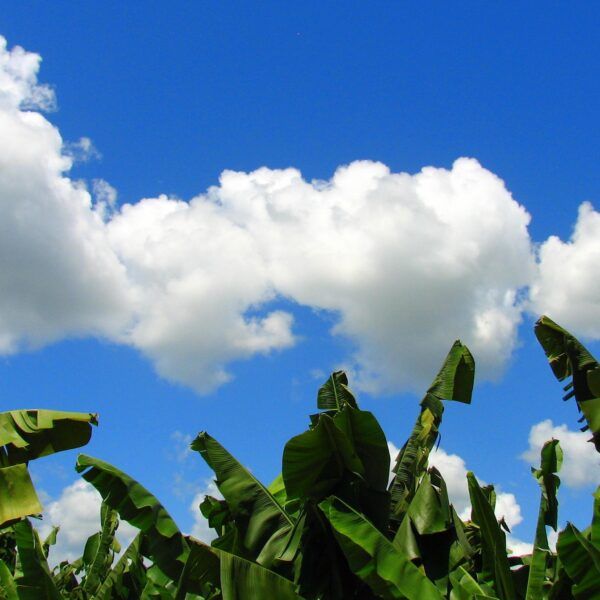
After teaming up for an early implementation pilot of our strengthened certification program, both Finca Esmeralda and the Rainforest Alliance took away learnings that will contribute to a more sustainable banana sector.
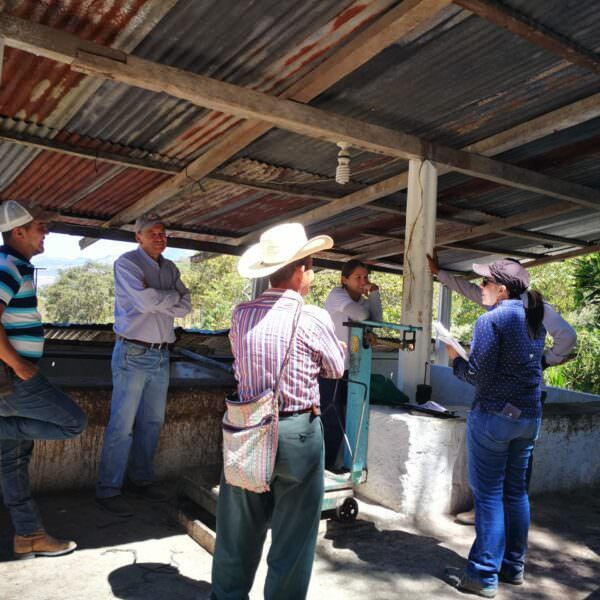
Rainforest Alliance certification is carried out by our authorized certification bodies. Find an authorized certification body in your county.
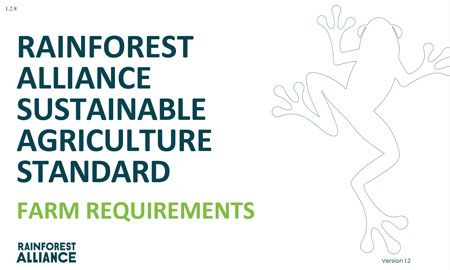
The Farm Requirements of our new Sustainable Agriculture Standard are designed to help farmers protect the landscapes where they live and work, while offering an enhanced framework to improve their livelihoods and advance the human rights of rural people.

SA-S-SD-19 This annex includes additional binding content related to the implementation of the Requirements in Chapter 1 of the Sustainable Agriculture Standard: Management. This document includes: Collecting Geolocation Data (Previous Annex S17) (Related to requirements 1.2.12 and 1.2.13) When the Standards V1.3 was published on February 6th 2023, the content of this document remained unchanged.

Rainforest Alliance prohibits soil application of cyproconazole, and therefore also prohibits the use of products combining thiamethoxam and cyproconazole. We acknowledge that some coffee producers in Brazil are using commercial formulations with this combination. We will support producers to gradually phase-out the use of these products granting a temporary authorization to use commercial products combining […]

The aim of this policy is to align requirements of our Certification Rules and Sustainable Agriculture Standard with local legislation requirements in Brazil.

Just as the 2020 Certification Program is designed to promote continuous improvement by farmers and supply chain actors, the Rainforest Alliance is also committed to doing the same with our work. In practice this means that as we roll out the new program, we continue to engage in dialogue with our partners to make the […]

The Group Member Registry is a binding template that allows Farm certificate holders to upload relevant data from their internal inspections of their group members to the RACP in preparation for their audit.